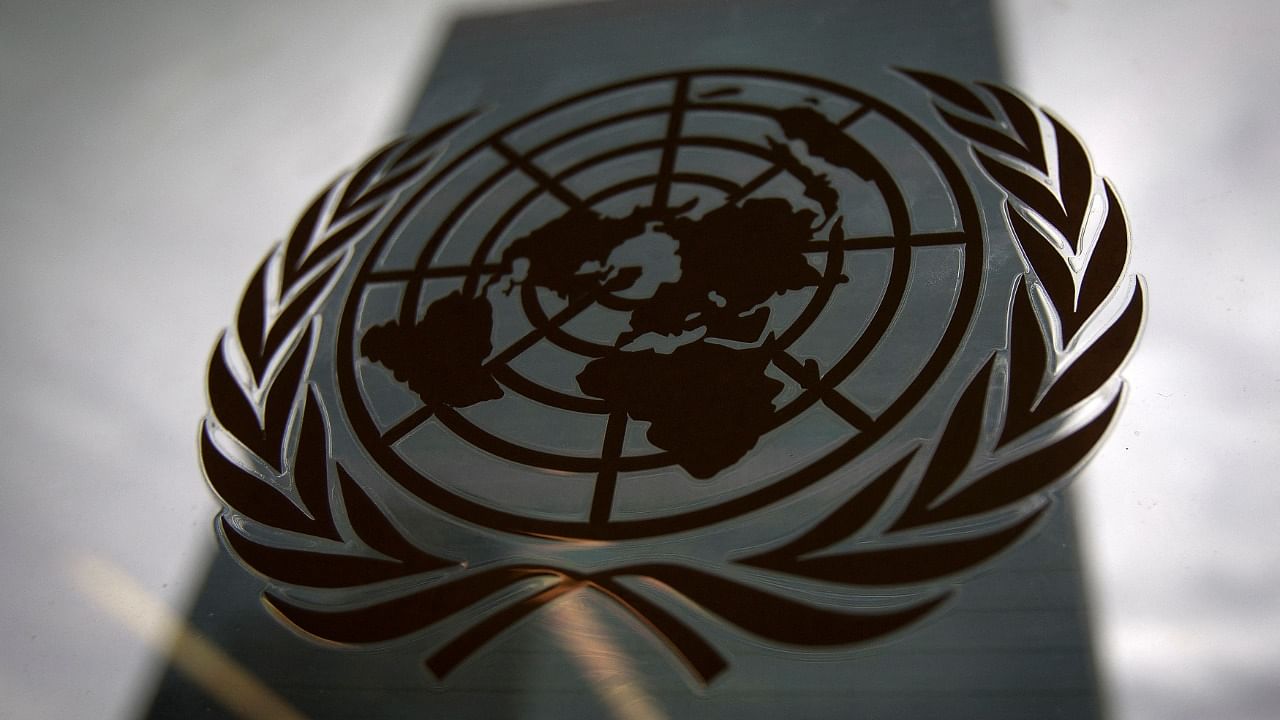
China has once again shielded a terrorist leader based in Pakistan from the United Nations sanctions.
Beijing blocked a joint move by India and the United States to get the United Nations Security Council (UNSC) designate the deputy leader of the Lashkar-e-Tayyiba (LeT), Abdul Rehman Makki, as a terrorist and impose sanctions on him.
China, one of the five permanent members of the Security Council, placed a “technical hold” on the proposal to designate Abdul Rehman Makki as an individual linked to Al Qaeda, Taliban and Islamic State in Iraq and Levant (ISIL) and to put him under full-spectrum UN sanctions, including assets freeze, travel ban and arms embargo.
A source in New Delhi said that given the overwhelming evidence against Makki, China’s move to shield the terrorist based in Pakistan was “extremely unfortunate” and ran counter to its claims of combating terrorism.
The proposal to place Makki, the brother-in-law of the LeT founder Hafiz Saeed, under the UN sanctions was circulated among the members of the Security Council on June 1. China’s permanent mission at the UN headquarters in New York placed the “technical hold” on the proposal late on Thursday – just before the deadline for any member of the Security Council to raise objection to the move by India and the US would have ended.
Makki is head of the political affairs wing of the LeT (or its front Jamat ud-Dawa or JuD), which itself is a UN proscribed terrorist entity has been responsible for several terror attacks in India, including the November 26-28, 2008 mayhem in Mumbai.
He also served as head of the LeT’s foreign relations department. He is a member of LeT’s ‘shura’ (governing body) as well as a member of the JuD’s central and proselytizing team.
As ‘technical hold’ could be stretched to six months and it could be reimposed repeatedly, China could use it indefinitely to stall the move made by India and the US.
“China should reflect on its response that signals double standards on combating terrorism. Protecting well known terrorists from sanctioning in this manner will only undermine its credibility and risk exposing even itself more to the growing threat of terrorism, said another source in New Delhi.
Makki has been involved in raising funds, recruiting and radicalizing youth to violence and planning attacks in India, particularly in Jammu and Kashmir, a source in New Delhi said on Friday. He has already been designated as a terrorist in India and the US under the respective domestic laws of the two nations.
He was reportedly arrested by the law-enforcing agencies of the Government of Pakistan on May 15 2019 and was kept under house arrest in Lahore. He was convicted of terrorism financing in 2020 and was sentenced to prison by a court in Pakistani.
Beijing in the past had similarly used “technical holds” for years to block New Delhi’s repeated moves to get the UNSC impose sanctions on Masood Azhar, the leader of the Jaish-e-Mohammed (JeM) based in Pakistan and the mastermind of several terrorist attacks in India, including the one on the paramilitary personnel in Pulwama in Jammu and Kashmir on February 14, 2019. China had finally in May 2019 allowed the Security Council to move against the radical cleric based in Pakistan.
China had earlier also blocked India’s moves to get the UN sanctions imposed on the LeT commander Zaki Ur Rehman Lakhvi and the Hizbul Mujahideen chief Syed Salahuddin – both based in Pakistan.
Prime Minister Narendra Modi and the Chinese President Xi Jinping had several engagements between April 2018 and October 2019 to mend the ties, which had suffered setback due to the 2017 military stand-off in Doklam Plateau in western Bhutan. It was during this time that India could make China budge from its policy of shielding terrorists based in Pakistan.
The relations between India and China, however, hit a new low over the past two years, ever since another military stand-off between the two nations started in eastern Ladakh in April-May 2020. Though protracted negotiations between India and China resulted in withdrawal of troops from some of the face-off points, a complete resolution of the stand-off still appears to be distant.
